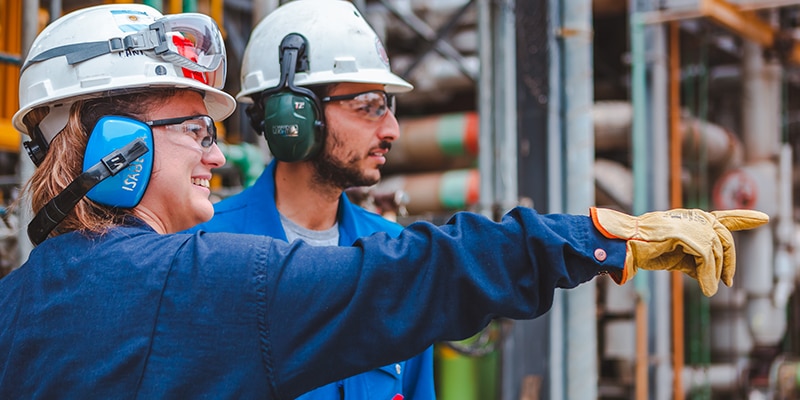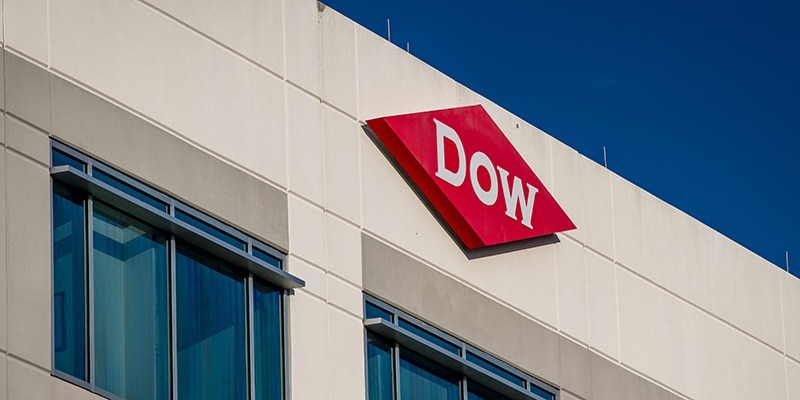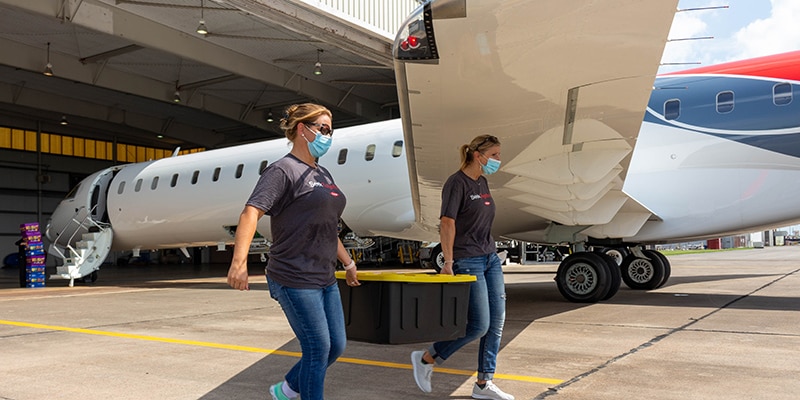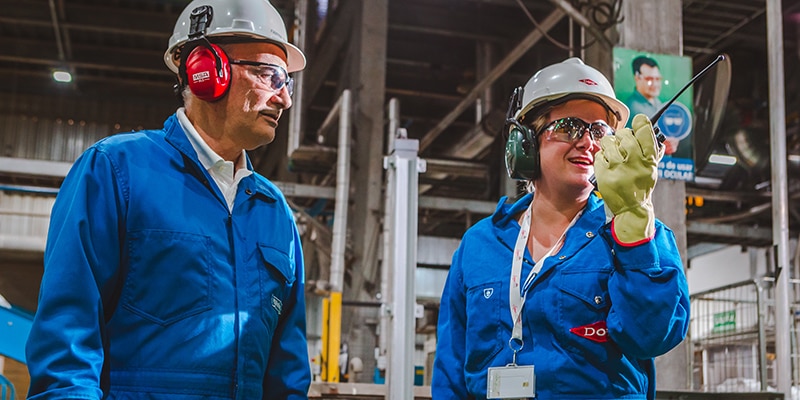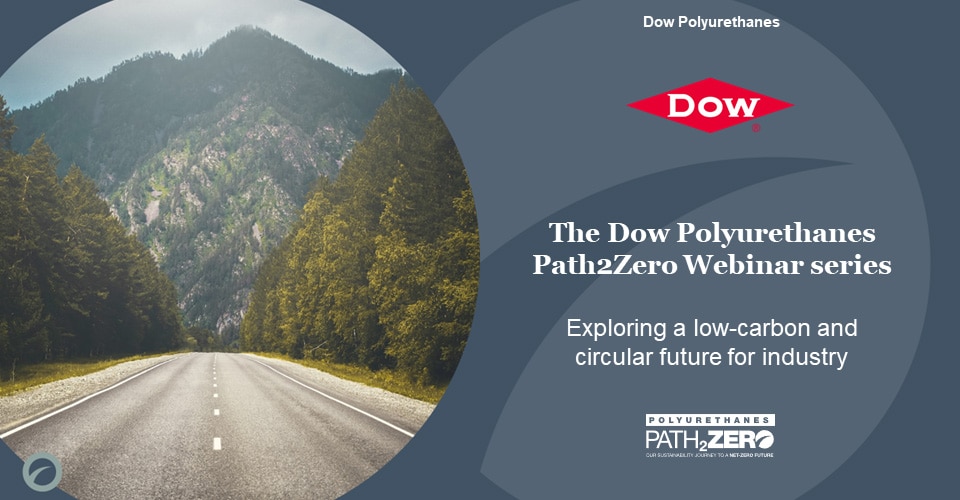
It starts with a conversation: Net-Zero in the company of experts
As an industry, I believe we can indeed be true enablers of progress by being transparent about the challenges, embracing collaboration and diverse perspectives as well as creative, collaborative out of the box thinking where we can provide innovative technologies through materials science.
With countless developments across an accelerating sustainability journey, it can be challenging to keep up with new advances. One of the most valuable actions we can take is to continue to evaluate the current state of our industry and to continue to grow our range of products that meet sustainability requirements and benefits in an ever-evolving socio-economic and regulatory environment.
To me, an industry undergoing change also offers many opportunities. That is why we launched a Polyurethanes (PU) Path2Zero webinar series, where we bring global expertise through diverse perspectives to our customers and other stakeholders.
Gaining and sharing knowledge has always inspired me. And what could be better than getting a better understanding of the evolution and transitions impacting our industry and society at large, by exchanging perspectives and learning from some of the best minds in the industry?
I have three take-aways that I would like to highlight from the first episodes of the Path2Zero Webinar series:
1. Sustainability is here to stay.
From our first conversation with Andre Argenton, Dow's Chief Sustainability Officer, and Rafael Cayuela, Dow's Corporate Chief Economist and EMEAI Senior Strategy & Sustainability Director, to our recent talk with Cefic’s Director General, Marco Mensink, one message clearly stood out: sustainability is here to stay. To fulfil on all commitments made to make progress towards a low carbon future, we have to ensure the sustainability focus and drive to find solutions are deeply and genuinely embedded in a company's DNA. This will unlock opportunities for true progress and create value along the way.
2. Aiming to reduce carbon footprint by investing in technologies for the mid-to-long term.
Secondly, even when facing current challenges, all our experts so far agree that investing for the long-term can provide benefits in the mid term – think collaborations with similar-minded companies – and, in the long term, a reduced carbon footprint powered by renewable energy, improved production processes and fed by sustainable feedstock. It is an approach that we have embraced here at Dow as we aim to reduce our dependence on fossil fuels and collaborate to help our customers lower their carbon footprint.
3. Pay attention to regulation.
My third takeaway came from a theme across multiple audience questions regarding regulation. Marco Mensink put it best : in the most recent webinar, he shared that it pays to be a sustainable transition pioneer as regulatory frameworks are also evolving. The launch of the EU Green Deal Industrial Plan and the US Inflation Reduction Act should of course not be viewed in isolation from other state support but should primarily be seen as a true opportunity as they offer crucial support to those collaborative and innovative companies who lead the way.
As an industry, I believe we can indeed be true enablers of progress by being transparent about the challenges, embracing collaboration and diverse perspectives as well as creative, collaborative out of the box thinking where we can provide innovative technologies through materials science.
I encourage and invite all to listen to the upcoming episode on September 28 for our next webinar installment – ‘Business Strategy in Times of Transformation'.
To hear more from our experts, follow this link and watch a free replay.
Marcel Moeller, Global Sustainability Director, Dow Polyurethanes, CAV & POPG

